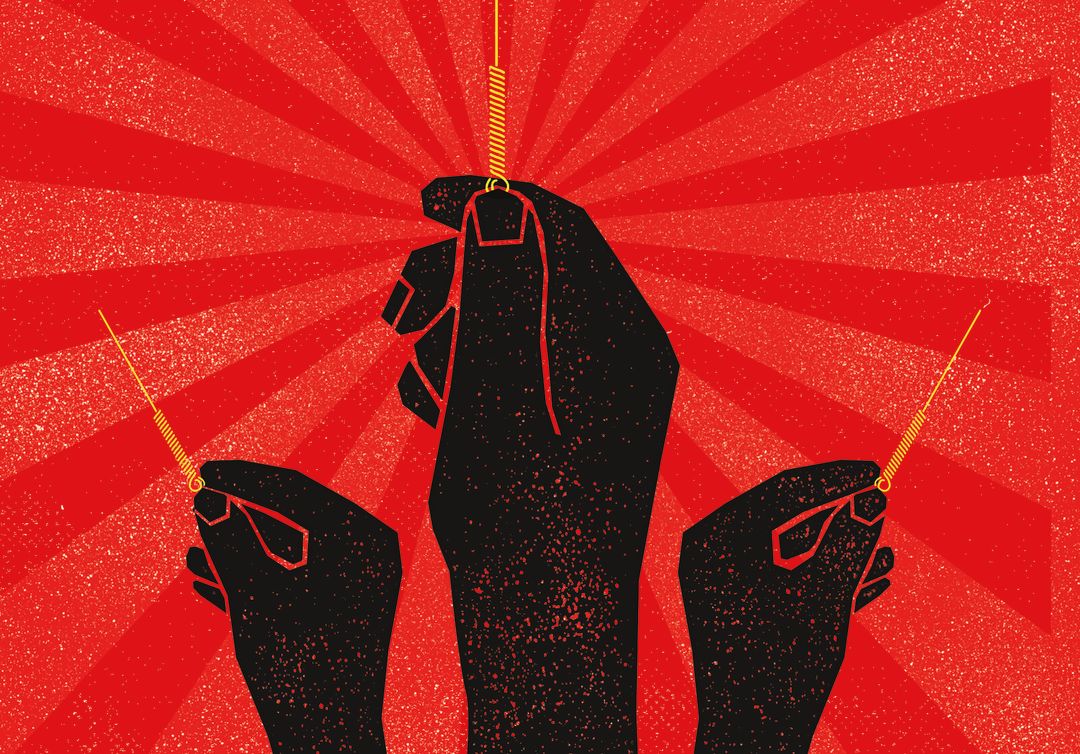These Portland Clinics Bring Acupuncture to the Masses

Image: Jen Wick
Walk into the treatment area at any of Working Class Acupuncture’s three clinics, and you might think you’ve stumbled into a La-Z-Boy showroom. Patients relax in blanket-covered recliners as two or three acupuncturists roam the room, tending to a chronic back problem here, discussing a patient’s insomnia there.
It’s strange to think this relaxed scene’s roots run back to a protest by the Black Panthers and Young Lords. But that is indeed where the idea of offering the ancient treatment to the masses, for cheap, entered American health care. WCA operates a sliding payment scale running from $15 to $35. To cofounder Lisa Rohleder, acupuncture lends itself to this model. Not only does the technique involve only a brief interaction with a practitioner, followed by 30 to 45 minutes of rest, but the tradition is broad and flexible.
“It’s just a question of looking at this rich tradition and saying, ‘Let’s pick the really efficient ways and do those,’” Rohleder explains.
And that radical heritage? In 1970, black and Puerto Rican activists marched into the South Bronx’s failing Lincoln Hospital. The occupiers started an array of wildcat health services, including acupuncture as an addiction treatment. Their model of group acupuncture would eventually be taken up by the National Acupuncture Detoxification Association, which helped spread the idea to public health clinics across the country.
One such clinic, Central City Concern’s Hooper Detox, is where Rohleder and WCA cofounder Skip Van Meter, fresh out of acupuncture school in the mid-1990s, got their start. “The chairs were hard, the fluorescent lights were on, and it was loud,” she says. “And it became clear that acupuncture still totally works.”




